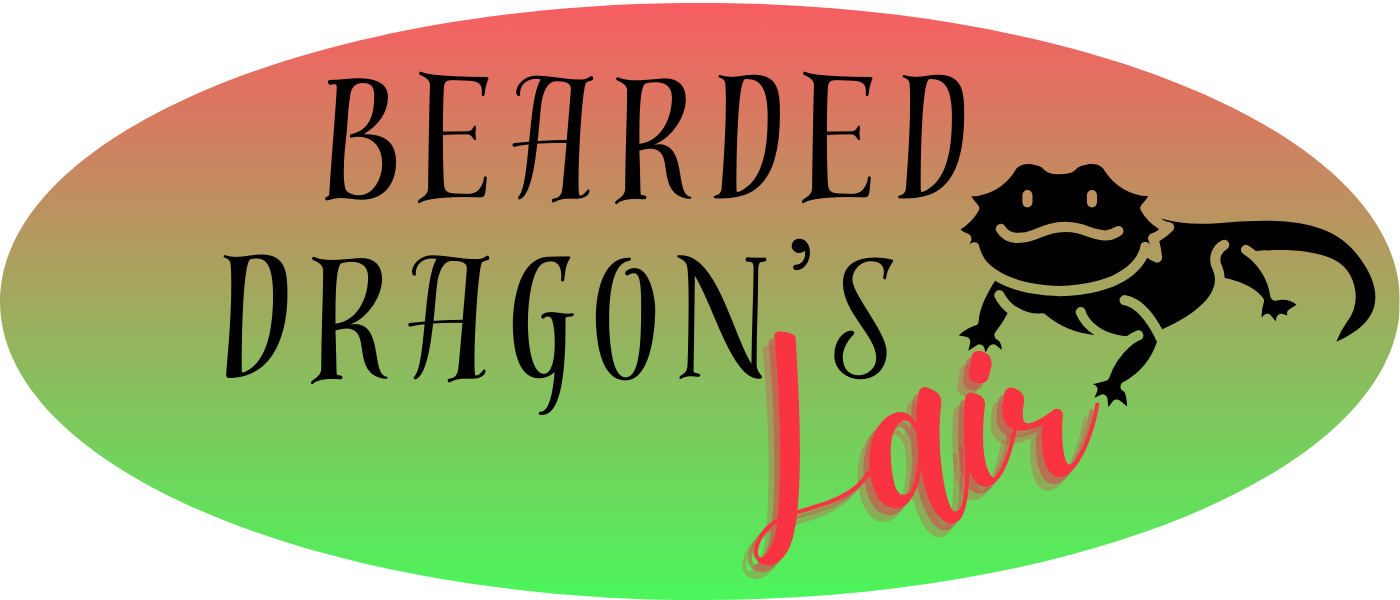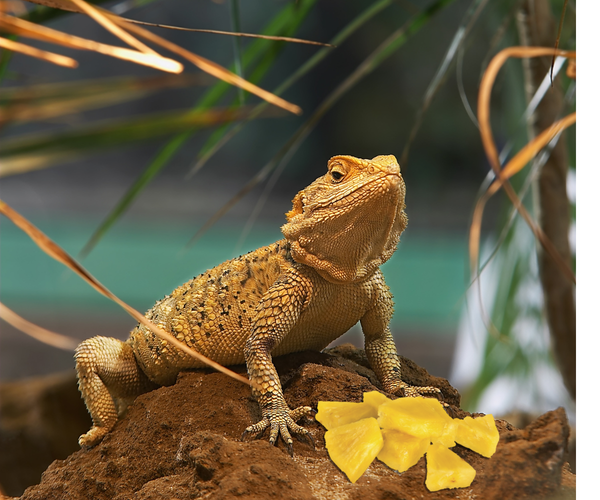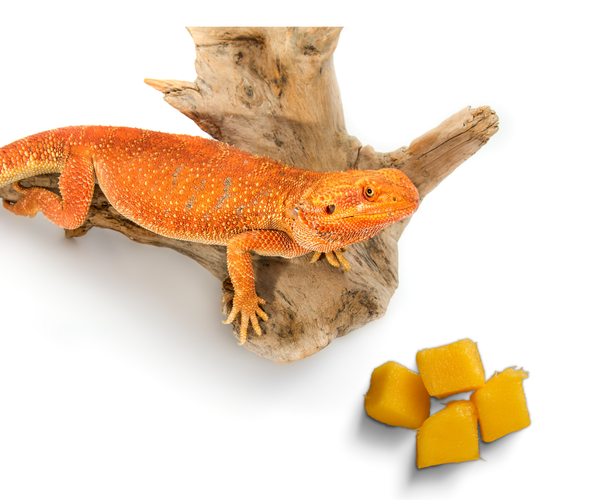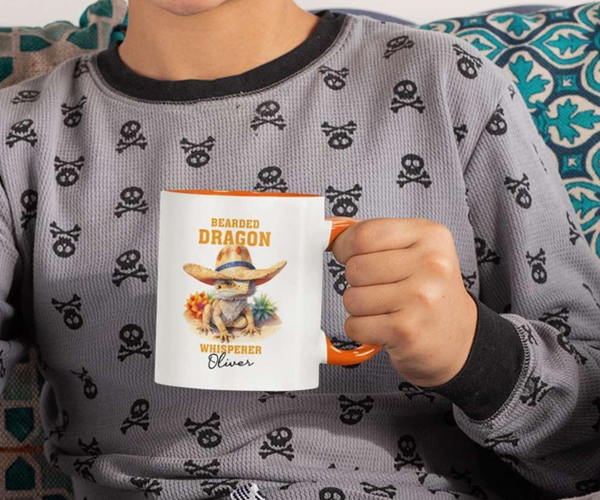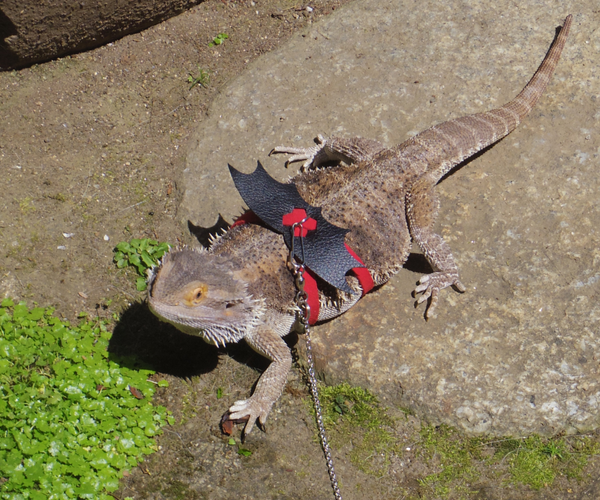Can Bearded Dragons Eat Aloe?
There are safer plant-based alternatives to aloe that can be included in a bearded dragon's diet.
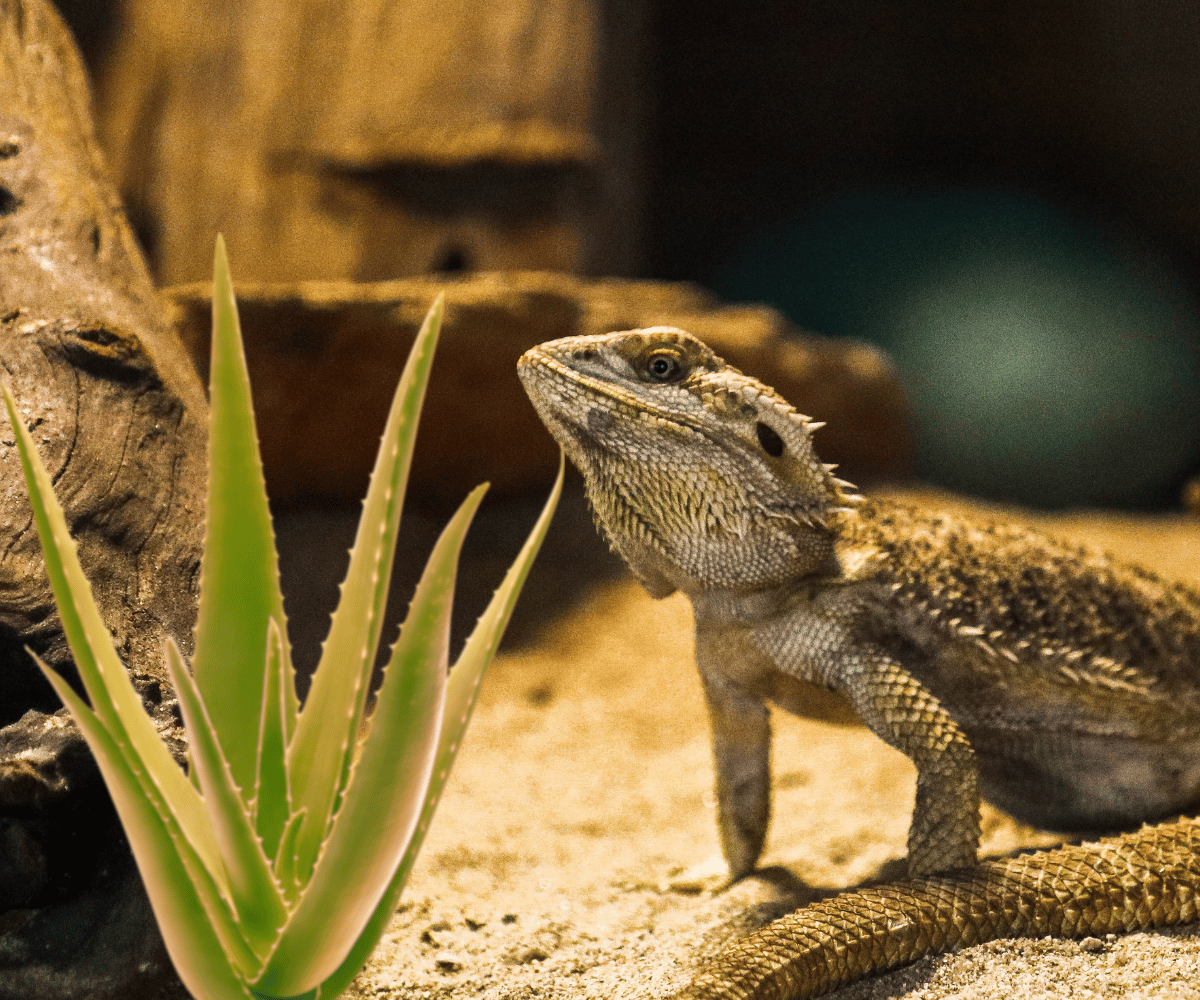
Bearded dragons are popular pets known for their docile nature and unique dietary needs. As a responsible bearded dragon owner, understanding what is safe for your scaly friend to consume is crucial for their health and well-being. One question that often arises is whether bearded dragons can eat aloe. This article delves into the suitability of aloe for bearded dragons, backed by expert insights and thorough research.
Key Takeaways:
- Aloe vera is not recommended for bearded dragons due to its potential toxicity.
- There are safer plant-based alternatives to aloe that can be included in a bearded dragon's diet.
- Always consult with a veterinarian before introducing new foods to your bearded dragon's diet.
Understanding Bearded Dragon Diets
Bearded dragons are omnivores, which means they thrive on a varied diet of both plant-based and animal-based foods. In the wild, their diet consists of insects, small animals, and a variety of fruits and vegetables. However, not all plants and insects are safe for bearded dragons, and some can even be toxic. It's essential to research and consult with a reptile veterinarian before introducing new foods into your pet's diet.
The Aloe Vera Debate
Aloe vera is known for its healing properties in humans, but the question remains: is it safe for bearded dragons? The answer is not straightforward. While aloe vera contains beneficial compounds for humans, it also has components that can be harmful to reptiles. The latex found in aloe leaves can act as a laxative and may cause digestive issues in bearded dragons.
Safe Plant-Based Foods for Bearded Dragons
Instead of aloe, there are many other safe and nutritious plant-based foods that can be included in a bearded dragon's diet. Leafy greens like collard greens, turnip greens, and dandelion greens are excellent choices. Vegetables such as squash, bell peppers, and sweet potatoes can also be offered in moderation. Fruits should be given sparingly due to their high sugar content.
The Risks of Feeding Aloe to Bearded Dragons
Feeding aloe to bearded dragons poses several risks. The latex can cause gastrointestinal upset, and if ingested in large quantities, it may lead to more severe health issues. It's important to err on the side of caution and avoid offering aloe to your bearded dragon altogether.
Identifying Toxic Plants for Bearded Dragons
In addition to aloe, there are other plants that are toxic to bearded dragons. These include avocado, rhubarb, and tomato plants. Being aware of these toxic plants can help prevent accidental ingestion and ensure the safety of your pet.
Expert Opinions on Aloe and Reptiles
Reptile experts and veterinarians generally advise against feeding aloe to bearded dragons. The potential risks outweigh any perceived benefits, and there is no nutritional requirement for aloe in a bearded dragon's diet. Always seek professional advice when in doubt about a particular food item.
Alternatives to Aloe for Bearded Dragon Care
For those looking to provide the healing benefits of aloe without the risks, there are alternative remedies for skin and digestive health that are safe for bearded dragons. These include specially formulated reptile skin treatments and probiotics for digestive support.
How to Create a Balanced Bearded Dragon Diet
Creating a balanced diet for your bearded dragon involves offering a variety of safe, nutritious foods. A good rule of thumb is to provide a mix of 75% plant-based foods and 25% animal-based foods. This ratio ensures that your bearded dragon receives the necessary nutrients for optimal health.
Monitoring Your Bearded Dragon's Health
Regular monitoring of your bearded dragon's health is essential. Pay attention to their eating habits, behavior, and stool consistency. Any changes could indicate a dietary issue or health problem, and prompt veterinary care should be sought.
When to Consult a Veterinarian
If you're ever unsure about the safety of a particular food, or if your bearded dragon shows signs of illness, consulting a veterinarian is crucial. A professional can provide guidance on diet and health care tailored to your pet's specific needs.
Summary
In conclusion, aloe vera is not a suitable food for bearded dragons due to its potential toxicity. It's important to focus on providing a balanced diet consisting of safe, nutritious plant-based and animal-based foods. Always consult with a veterinarian before making any changes to your bearded dragon's diet, and monitor their health closely to ensure they remain happy and healthy.
FAQ Section
Q: Can bearded dragons eat aloe vera? A: No, it is not recommended for bearded dragons to eat aloe vera due to its potential toxicity and the presence of latex, which can cause digestive issues.
Q: What are some safe plant-based foods for bearded dragons? A: Safe plant-based foods for bearded dragons include leafy greens like collard greens, turnip greens, and dandelion greens, as well as vegetables like squash, bell peppers, and sweet potatoes. Fruits should be given in moderation.
Q: What should I do if I'm unsure about a food's safety for my bearded dragon? A: If you're unsure about the safety of a food for your bearded dragon, it's best to consult with a reptile veterinarian for advice. Avoid feeding the food until you have professional confirmation that it's safe.
